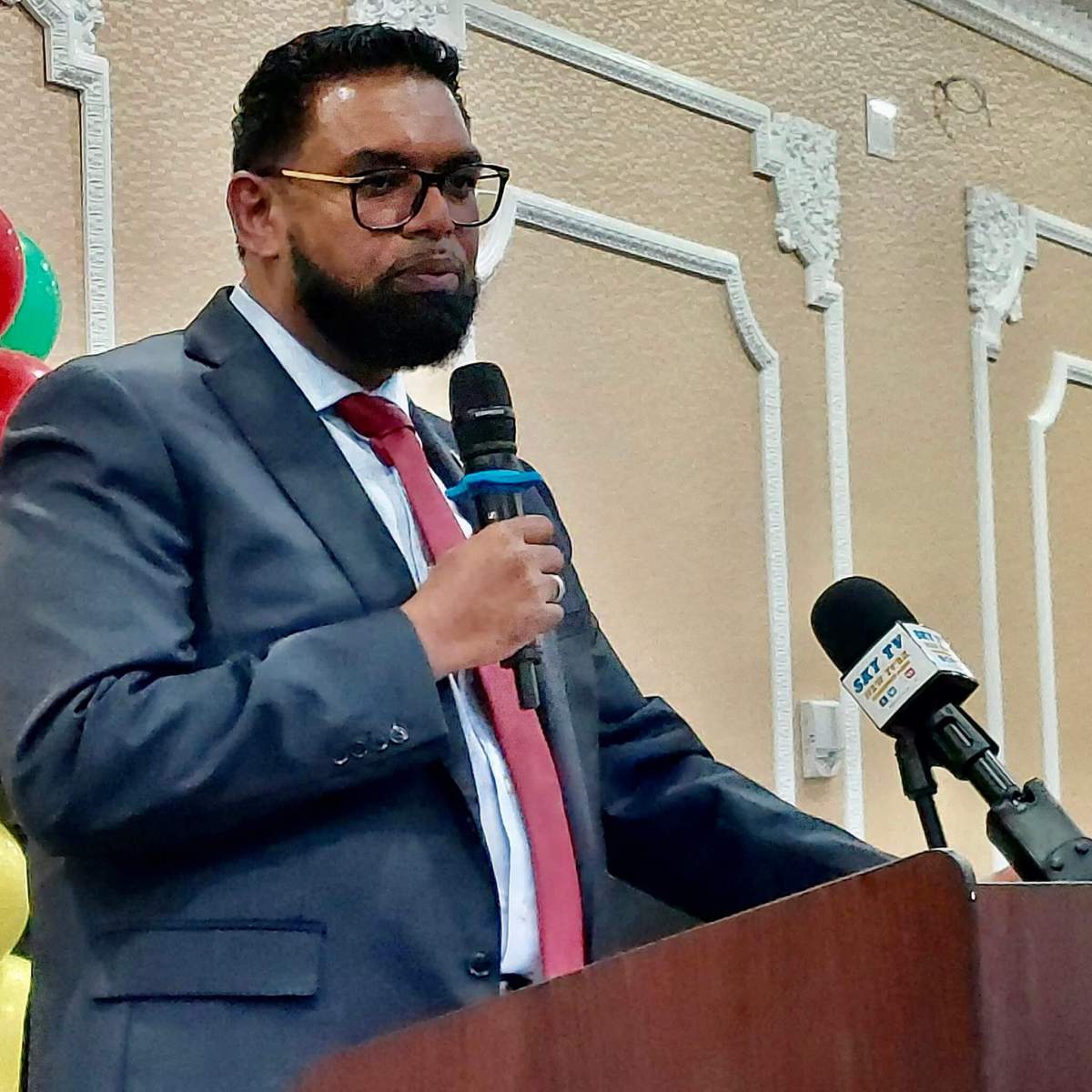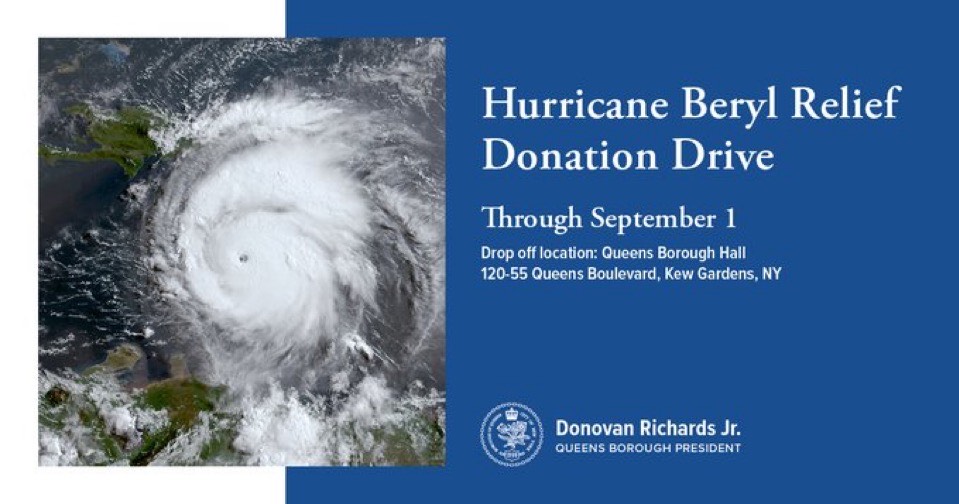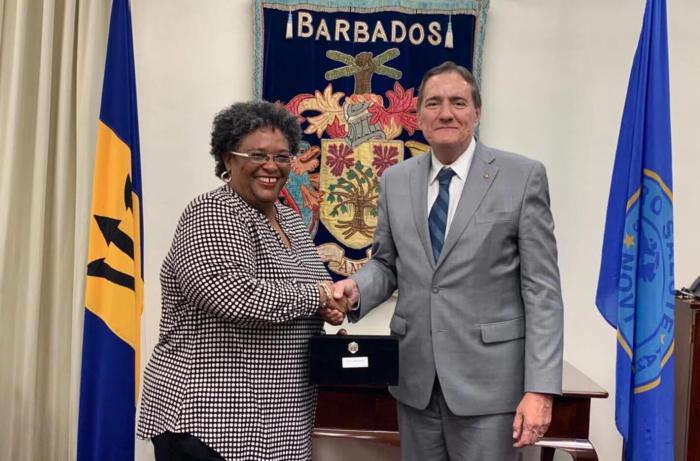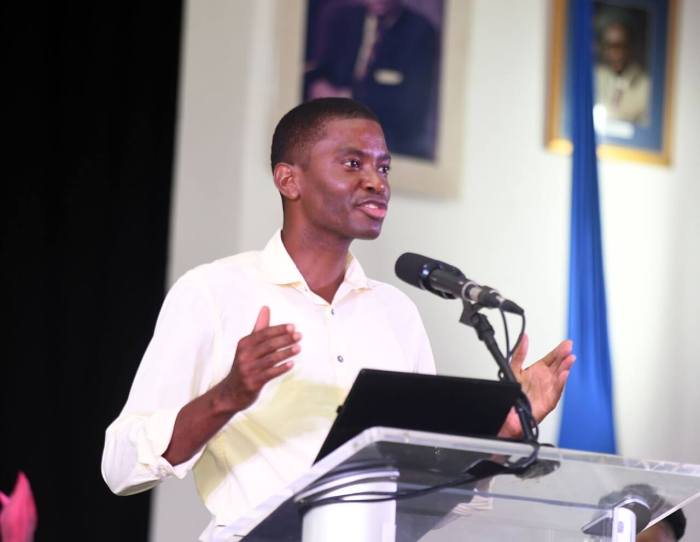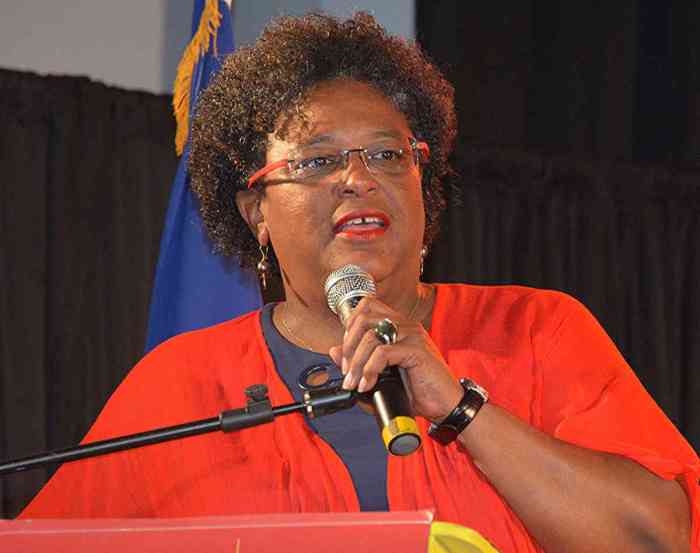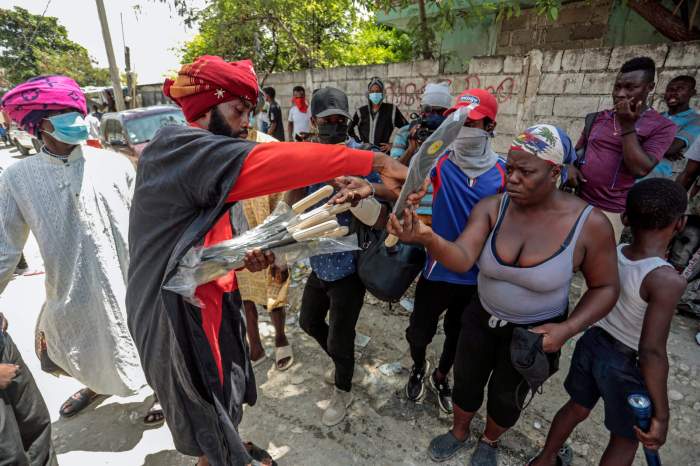Antigua and Barbuda
Antigua and Barbuda is promoting a community-driven initiative to provide affordable mosquito traps to the public after the authorities announced the ban on mosquito coils.
The Pesticides Toxic and Chemical Control Board in Antigua and Barbuda said while mosquito coils have proven effective in repelling mosquitoes, they have long raised concerns due to the harmful pollutants they release.
Recent research has shown that the smoke emitted by these coils contains volatile organic compounds, some of which are known or suspected carcinogens, posing severe health risks to users.
The Department of the Environment (DOE) said it is delighted to announce a community-driven initiative to provide affordable mosquito traps to the public, as part of its commitment to preparing communities for the challenges of climate change.
These innovative traps,made available through participating community groups,will not only help reduce mosquito populations but also proceeds of the sale will contribute two building climate resilience within local community ties, said the Minister of Health Wellness and the Environment, Molwyn Joseph.
Barbados
All children in Barbados will spend more time in school if ministers agree to proposals to raise the minimum school-leaving age from 16 to 18, the Director of the Education Reform Unit, Dr. Idamay Denny, has said as the education ministry begins public consultations on its planned reforms. Dr Denny said, “We are actually proposing that all children be allowed to continue school until age 18 because we recognize that the only children who are given the opportunity to go to school that long are the ones who are writing CAPE (Caribbean Advanced Proficiency Examination). Those are the ones who right now we consider to be the most capable. And they are given that opportunity, and the ones who really need a leg up are not.
“We have children who want to do things other than CAPE and very often they have to go and look to see if they can find something in SJPI (Samuel Jackman Prescod Institute of Technology) or the Barbados Community College. They may want to continue their CVQs (Caribbean Vocational Qualification) in schools. And we are saying, if children want to continue things like CVQs at the level of the school, then give them the opportunity.” Chief Education Officer Dr. Ramona Archer-Bradshaw said there will be four other public consultations seeking input from the public on the ministry’s proposals for educational transformation which is targeted for September 2025.
She said all the contributions will be collated and placed in a final draft to be presented to ministers for their approval.
CARICOM
Canada and CARICOM have renewed their commitment to strengthening bilateral and trade relations.
The Caribbean leaders convened at a Canada-CARICOM summit in Ottawa recently where they discussed ways to diversify trade and investment.
The leaders also looked at the expansion key sectors like financial services, resilient infrastructure, clean technology, information and communications technologies and natural resources management.
Canada’s Prime Minister Justin Trudeau underscored the importance of working together to build sustainable economies for everyone, especially as Caribbean countries continue to recover from the Covid-19 pandemic.
Trudeau announced the expansion of the Commonwealth Caribbean Countries Tariff (CCCT) program, established under the 1986 CARIBBEAN agreement that gives countries in the region duty-free trade access to the Canadian market for the vast majority of goods, including textiles and apparel.
“Canada is helping businesses take advantage of our preferential tariff programs by simplifying rules of origin and shipping documentation requirements. We are also committed to implementing a new foreign labor program for agriculture and fish processing under the temporary foreign worker program,” Trudeau said.
Trudeau also announced new funding initiatives to help address shared priorities on climate change and economic growth.
Guyana
Guyana’s President Irfaan Ali wants Venezuela to know his country will not tolerate what he described as the latter’s “unlawful and unfounded claims to more than two-thirds” of it.
He said Venezuela is trying to undermine Guyana’s territorial integrity. He warned the move has the potential to incite violence and threaten peace in the Caribbean.
Ali said his government had taken “careful note” of five questions issued by Venezuela’s National Electoral Council, which are to be asked in December 3 national referendum.
Among the questions, he said is one that “brazenly seeks approval of the Venezuelan people of the creation of a new Venezuelan State consisting of Guyana’s Essequibo region, which would be incorporated into the national territory of Venezuela, and the granting of Venezuelan citizenship to the population.”
Ali said that is “nothing less” than an annexation of Guyana’s territory and it is in “blatant violation of the most fundamental rules of the UN Charter, the OAS Charter and the general international law.
“Such a seizure of Guyana’s territory would constitute the international crime of aggression.”
He added, “The government of Guyana categorically rejects any attempt to undermine the territorial integrity of the sovereign State of Guyana.”
In a direct response to Ali, the Venezuelan government said his comments were offensive.
It said Ali’s statement was “loaded with profound contempt for the Venezuelan people, its Bolivarian history and its right to express itself in a democratic manner, on matters of special national importance.
It added that Ali’s refusal to have diplomatic dialogue “threatens a dangerous escalation of a conflict of great dimensions, promoted by the US Southern Command.”
Haiti
The United Nations Special Representative in Haiti, Maria Isabel Salvador recently told the Security Council that the security situation continues to deteriorate in Haiti as gang violence grows, and elections are crucial for the sustainable rule of law.
She pointed to a recent incident in which gang members dressed as police officers kidnapped the secretary general of the High Transitional Council, which is responsible for ensuring that long-delayed elections are held.
Salvador said the security crisis is even more complex because vigilante groups that have taken to fighting the gangs are still active.
Between April 24 and Sept. 30, she said, the UN political mission “registered the lynching of at least 395 alleged gang members across all 10 departments of Haiti by the so-called ‘Bwa Kale’ vigilante movement.”
Catherine Russell, head of the UN children’s agency UNICEF, echoed Salvador, telling the council: “The crisis in Haiti grows worse by the day.”
An estimated two million people, including 1.6 million women and children, live in areas under gang control, she said and children are getting killed and injured in crossfire, some on the way to school.
She said half of Haiti’s population, including three million children, need aid – and half of those in need are not getting it is because of the insecurity and a lack of funding. So far, for this year, she said, the UN has received barely 25 percent of the US$720 million it needs for humanitarian efforts in the country
Trinidad and Tobago
T&T is currently reviewing the legislative framework for the maritime industry through the preparation of the Shipping Bill, 2020.
This bill will seek to repeal and replace the Shipping Act, the Harbours Act, the Droghers Act, and the Motor Launches Act. The new legislative framework will also amend the Port Authority Act and the Coroners Act, said Attorney General Reginald Armour.
He made the announcement at the Caribbean Shipping Association’s 53rd Annual General Meeting, Conference and Exhibition. He also acknowledged the Shipping Association of T&T (SATT), a founding member of the Caribbean Shipping Association (CSA), for the role that it plays in developing the maritime sector and in sensitizing the public on issues faced by the sector. The conference provided insights on the topic of self-regulation in the shipping industry, which the AG noted was timely, considering that the government recently passed the Arbitration Act, 2023, which was assented to on July 11, 2023.
“A Joint Select Committee of Parliament has been established to consider and report on the Shipping Bill, 2020. As a key stakeholder, the SATT submitted comments on this bill. It is my hope that the report of the Joint Select Committee will be presented to allow for the presentation of this bill in the Fourth Session of the 12th Parliament,” Armour said.
— Compiled by Devika Ragoonanan


